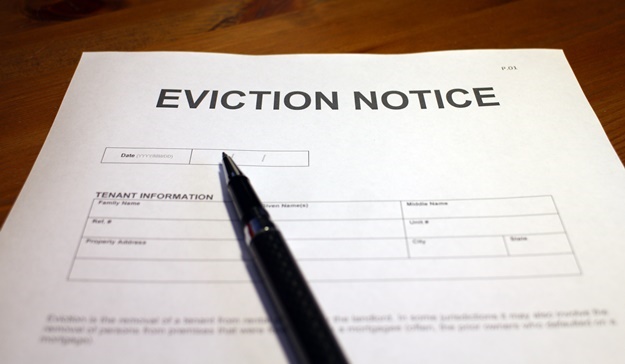
- Evicting tenants was allowed under lockdown Level 1.
- Government has moved back to adjusted Level 3 lockdown measures.
- This raises the question of what landlords are allowed to do under the adjusted Level 3 regulations.
Evicting tenants was allowed under lockdown Level 1, but now that South Africa has moved back to adjusted Level 3 regulations amid a second wave of coronavirus infections, the question is what landlords can and can't do.
"Although the Level 3 regulations have been adjusted, certain core conditions remain," explains attorney Simon Dippenaar.
According to the Disaster Management Act regulations for Alert Level 3, "a person may not be evicted from his or her land or home or have his or her place of residence demolished for the duration of the national state of disaster unless a competent court has granted an order authorising the eviction or demolition"
Eviction orders
The protection from eviction only extends to the execution of an eviction order. A landlord may, therefore, still make application to the court for an eviction, which must be suspended ("stayed") until after the national state of disaster is lifted, or such time as the rules allow.
Furthermore, the court may allow an eviction if it thinks it is not just or equitable to suspend or stay the order. This might occur if, for example, an occupier is causing harm to others or there is a threat to life, or if the party applying for the order has taken reasonable steps in good faith to make alternative arrangements with all affected persons.
'Commercial ubuntu'
Dippenaar says the regulations go to some lengths to stress the importance of fair practice by landlords The act considers it unfair practice for a landlord to terminate services without providing the tenant with reasonable notice and an opportunity to make representations; making the necessary arrangements to reach an agreement regarding alternative payment arrangements, where applicable; making arrangements for the ongoing provision of basic services; waiving any penalties for the late payment of rental where the default is caused by the disaster; and engaging reasonably and in good faith to make arrangements to cater for the extenuating circumstances of the disaster.
"Government has called on all parties to engage with one another and keep the lines of communication open. This is the basis of commercial ubuntu," says Dippenaar.
"Both parties may be impacted by the lockdown in its various guises. Tenants may have suffered loss of income and find it hard to pay rent. But landlords too may have bond payments to make that are affected by non-payment of rent. The rights and circumstances of all parties are equally important."
If your current situation is giving you cause for concern, Dippenaar advises not to wait until the national disaster is over to take action.
* Compiled by Carin Smith
